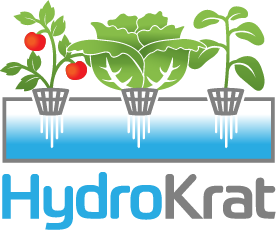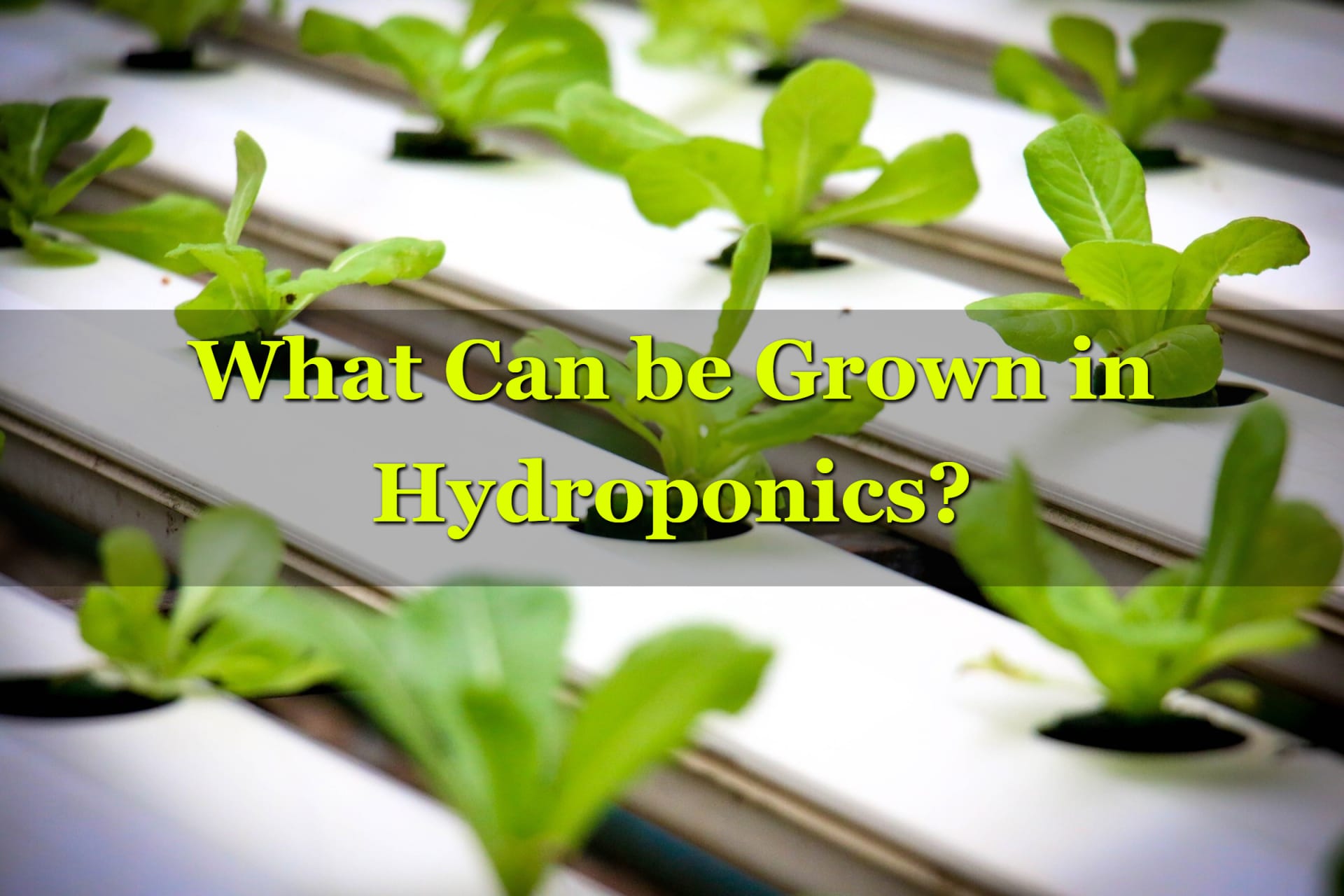The possibilities of hydroponics are endless these days. More and more plants are being grown with hydroponics. They turn out beautifully and grow quickly. But what plants come out the best with hydroponics? If you were to start your own hydroponics system, which plants would you want to grow first? Let’s take a look at some of the plants that turn out the best when grown through a hydroponics system.
Flowers and Herbs that Can be Grown in Hydroponics
There are many types of flowers and herbs that thrive in hydroponics. Let’s take a look at a few of them.
Flowers
Flowers are fast growers in a hydroponic garden. The best thing about growing flowers this way is that you can cut them and transport them when you’re ready. They don’t have to be stuck in the garden until they’ve bloomed. The seedlings just need to be big enough to move. This allows for the growth of many flowers at a time.
Catnip
Catnip is a great treat for your furry friends, but it’s expensive at the store. Growing catnip via hydroponics allows you to have as much on hand as you need. The potency of catnip is also quite strong when grown in this method.
Basil
Basil grows fast in a hydroponic environment. If you like harvesting your basil, this is a great option for you. It can be removed and trimmed regularly for a large basil garden. Because of how nutrient-rich the solution is, the basil will grow wild and it will fully bloom. Not only will you have a tasty herb – you’ll have a beautiful one, as well.
Rosemary
Rosemary is an herb that doesn’t taste great without the right soil. Hydroponics is a great solution for that. They’ll make your rosemary taste and smell wonderful.
Fennel
Fennel is simple to grow in a hydroponic garden. The seeds can grow in starter plugs or rock wool and they can be shifted to the hydroponic system fairly quickly. They can grow indoors and be transported when they’re just three or four inches tall (and leafy).
Grow Vegetables and Legumes in Hydroponics
Other popular plants that many people grow in hydroponics include a variety of vegetables and legumes.
Lettuce & Spinach
Lettuce and spinach are found in almost every kitchen because they’re used so often. Growing these with hydroponics means you’re consistently replenishing your supply. Spinach comes out flowery and full in hydroponic gardens, so you’re getting that high-quality, sought-after taste.
Beans
Beans get really plump when they’re grown with a hydroponic system. They typically only take about two weeks to start their growth, and no expensive formula is required. Because they’re a warm-weather vegetable, the system’s temperature does most of the work.
Beets
Beets are great to grow with hydroponics because they’re a low-maintenance vegetable. They don’t require any pruning or grooming. They’re also less prone to insects/infestations.
Asparagus
Asparagus only need a warm space to grow hydroponically. They can be grown in buckets or even bags. This makes them extremely convenient to grow alongside pretty much any other vegetable.
Cauliflower
Cauliflower is nice and versatile. It needs a mild climate to survive. This means that if the weather is right, it can be moved to an outdoor hydroponic garden.
Brussel Sprouts
Brussel sprouts come out large and tasty when grown hydroponically. Because of their weight, it’s important to utilize a system that is built for heavier plants.
Broccoli
Broccoli is a cool-weather crop, so it’s usually best to grow it in the winter. You won’t need to worry too much about heating your garden, especially if it’s located indoors. There are some tricks and tips involving how to grow broccoli in a hydroponic system – it isn’t the easiest thing to do. It takes a little bit of work, but it’s all worth it in the end.
Peas
There are quite a few varieties of peas. With all varieties, the flowers, shoots, and tendrils can all be grown as garnishes and fresh veggies. Because of this, their growth process is pretty versatile. When you’re using a hydroponic system, you can grow tall peas or short peas – both will come out wonderfully.
Growing Cannabis in Hydroponics
Cannabis is used so frequently that the need for replenishment is urgent. People who choose to grow cannabis are better off growing it hydroponically just because of the speed – it will grow faster using a hydroponic system than it will using traditional soil. Many varieties of cannabis can be grown, and by utilizing water, you’ll see the highest yield in your supply.
These plants are a great start if you’re looking for the juiciest, tastiest veggies or the most beautiful flowers. They’re only the tip of the iceberg. There are hundreds of choices for herbs, vegetables, flowers, and even fruit. Each option has its own set of guidelines for how to properly grow it. With the exception of the broccoli, everything on this list is fairly easy to grow.
How Long Will It Take to Grow My Plants in Hydroponics?
Different plants have different growth clocks. Some vegetables, like lettuce, grow within 3 weeks. Leafy lettuce, like buttercrunch or spinach, will grow the fastest. Iceberg takes a bit longer, just because the head is dense. Other dense vegetables and fruits, such as tomatoes, can take up to 3 months to grow. Depending on the solution used, you can speed up that time (or slow it down) by a couple of weeks.
Growing any kind of plant requires patience, time, and the right materials. The great news is that hydroponic gardens do tend to speed up this process exponentially. The solution gives the plants exactly what they need, without any of those pesky fillers. This makes for crispy, fresh, flowery vegetables every time. Hydroponics often change the taste of the plants and the mix of carbon dioxide and oxygen, so you can experiment as much as you need to get that perfect fruit or vegetable.
Because you can also control the temperature in a hydroponic environment, you can also expect to have an easier time tending to your plants. Another added benefit is that you can often control insects or pests, allowing your vegetables to grow naturally and without interruption.
Learn more about which plants can be grown in a hydroponics system and make the most of your space and resources.


Recent Comments